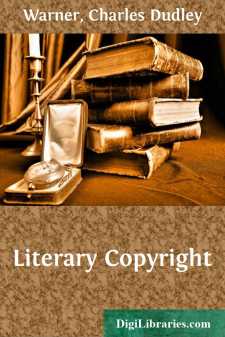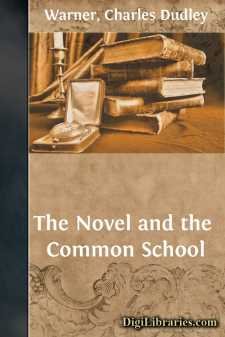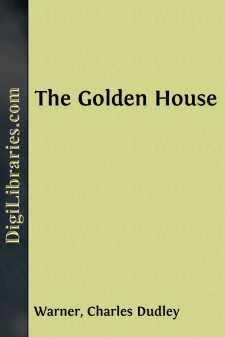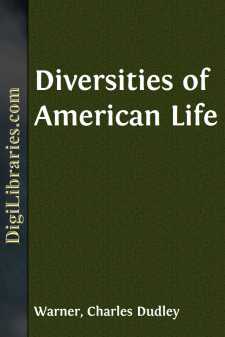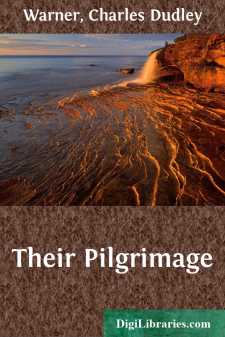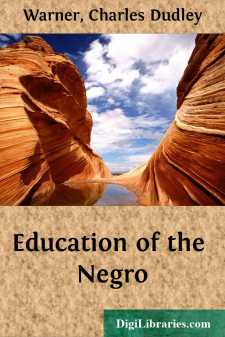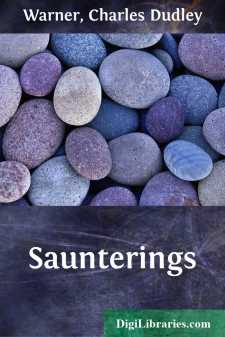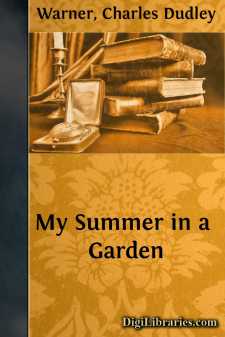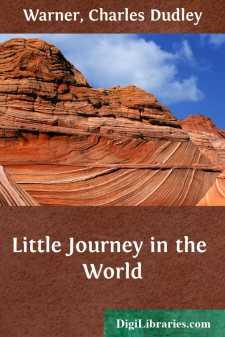Categories
- Antiques & Collectibles 13
- Architecture 36
- Art 48
- Bibles 22
- Biography & Autobiography 813
- Body, Mind & Spirit 142
- Business & Economics 28
- Children's Books 15
- Children's Fiction 12
- Computers 4
- Cooking 94
- Crafts & Hobbies 4
- Drama 346
- Education 46
- Family & Relationships 57
- Fiction 11828
- Games 19
- Gardening 17
- Health & Fitness 34
- History 1377
- House & Home 1
- Humor 147
- Juvenile Fiction 1873
- Juvenile Nonfiction 202
- Language Arts & Disciplines 88
- Law 16
- Literary Collections 686
- Literary Criticism 179
- Mathematics 13
- Medical 41
- Music 40
- Nature 179
- Non-Classifiable 1768
- Performing Arts 7
- Periodicals 1453
- Philosophy 64
- Photography 2
- Poetry 896
- Political Science 203
- Psychology 42
- Reference 154
- Religion 513
- Science 126
- Self-Help 84
- Social Science 81
- Sports & Recreation 34
- Study Aids 3
- Technology & Engineering 59
- Transportation 23
- Travel 463
- True Crime 29
Literary Copyright
Categories:
Description:
Excerpt
This is the first public meeting of the National Institute of Arts and Letters. The original members were selected by an invitation from the American Social Science Association, which acted under the power of its charter from the Congress of the United States. The members thus selected, who joined the Social Science Association, were given the alternative of organizing as an independent institute or as a branch of the Social Science Association.
At the annual meeting of the Social Science Association on September 4, 1899, at Saratoga Springs, the members of the Institute voted to organize independently. They formally adopted the revised constitution, which had been agreed upon at the first meeting, in New York in the preceding January, and elected officers as prescribed by the constitution.
The object is declared to be the advancement of art and literature, and the qualification shall be notable achievements in art or letters. The number of active members will probably be ultimately fixed at one hundred. The society may elect honorary and associate members without limit. By the terms of agreement between the American Social Science Association and the National Institute, the members of each are 'ipso facto' associate members of the other.
It is believed that the advancement of art and literature in this country will be promoted by the organization of the producers of literature and art. This is in strict analogy with the action of other professions and of almost all the industries. No one doubts that literature and art are or should be leading interests in our civilization, and their dignity will be enhanced in the public estimation by a visible organization of their representatives, who are seriously determined upon raising the standards by which the work of writers and artists is judged. The association of persons having this common aim cannot but stimulate effort, soften unworthy rivalry into generous competition, and promote enthusiasm and good fellowship in their work. The mere coming together to compare views and discuss interests and tendencies and problems which concern both the workers and the great public, cannot fail to be of benefit to both.
In no other way so well as by association of this sort can be created the feeling of solidarity in our literature, and the recognition of its power. It is not expected to raise any standard of perfection, or in any way to hamper individual development, but a body of concentrated opinion may raise the standard by promoting healthful and helpful criticism, by discouraging mediocrity and meretricious smartness, by keeping alive the traditions of good literature, while it is hospitable to all discoverers of new worlds. A safe motto for any such society would be Tradition and Freedom—'Traditio et Libertas'.
It is generally conceded that what literature in America needs at this moment is honest, competent, sound criticism. This is not likely to be attained by sporadic efforts, especially in a democracy of letters where the critics are not always superior to the criticised, where the man in front of the book is not always a better marksman than the man behind the book. It may not be attained even by an organization of men united upon certain standards of excellence. I do not like to use the word authority, but it is not unreasonable to suppose that the public will be influenced by a body devoted to the advancement of art and literature, whose sincerity and discernment it has learned to respect, and admission into whose ranks will, I hope, be considered a distinction to be sought for by good work....


